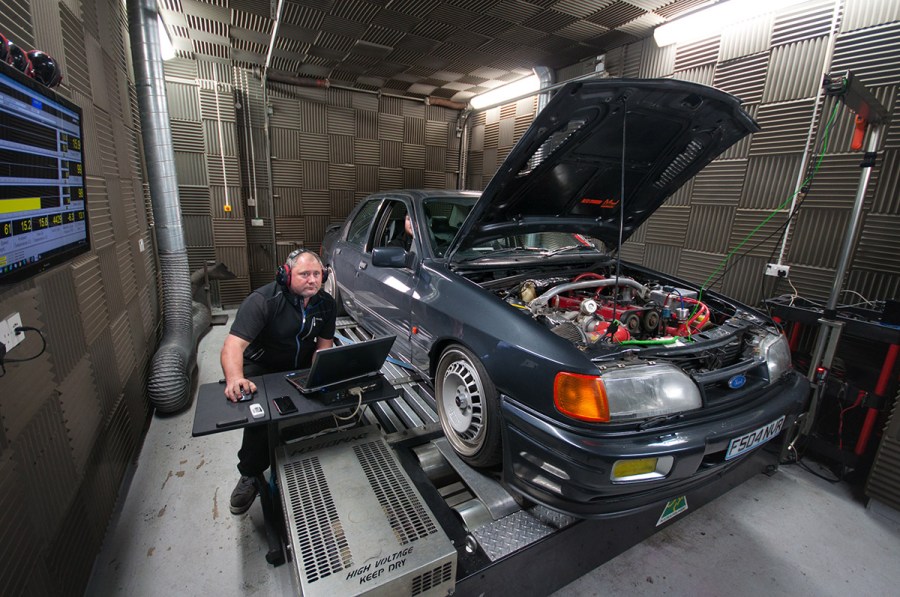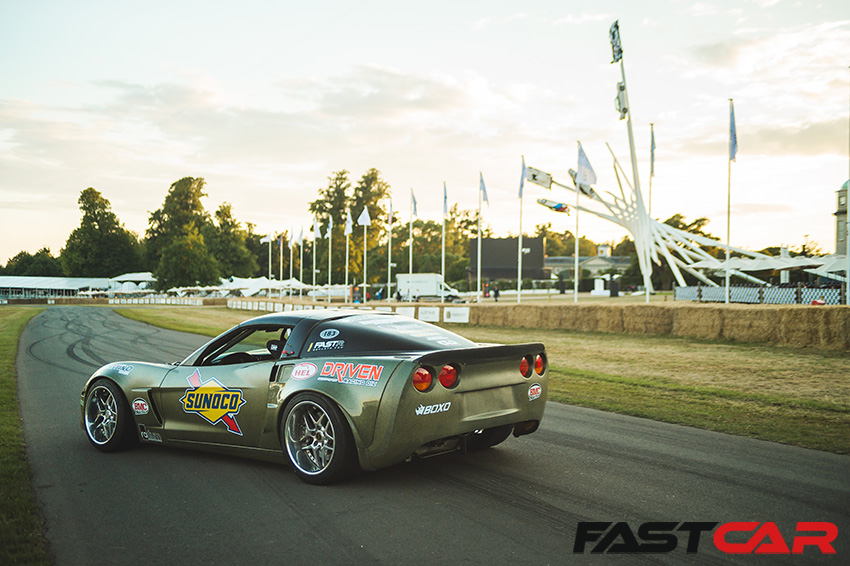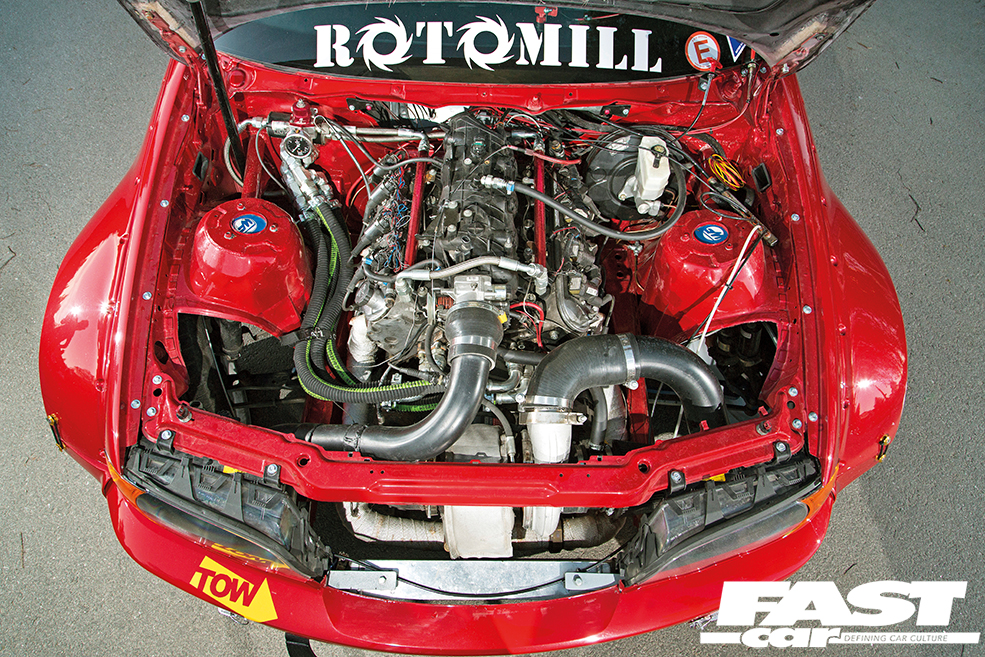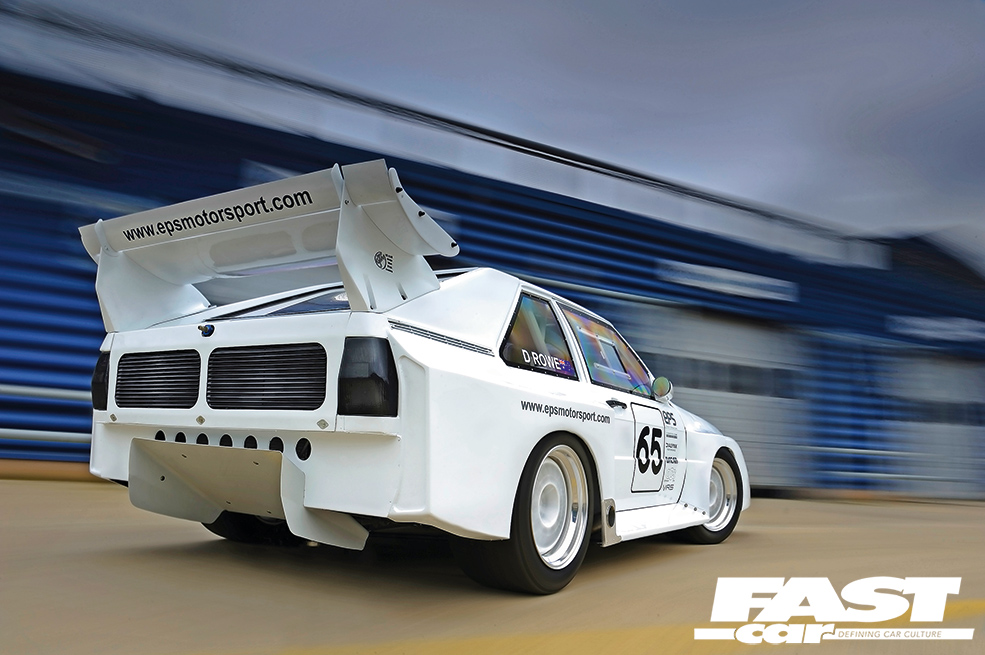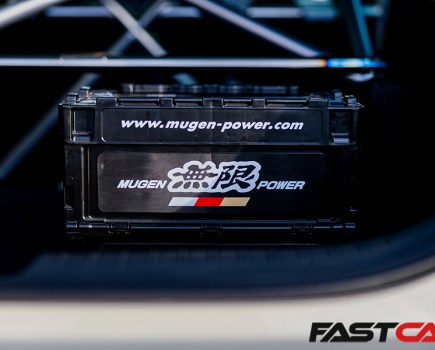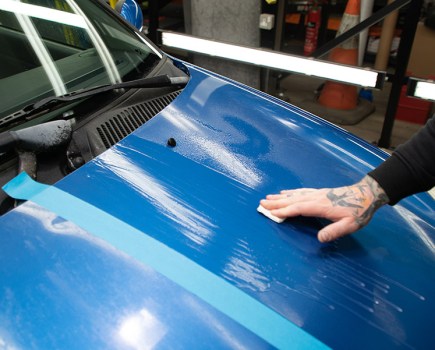Ready to explore the concept of engine torque and what it means for performance car tuning? Let’s dive in…
Definition of Engine Torque
In simple terms, engine torque is a measure of the twisting force produced by the engine. It is what gets your car moving from a standstill and allows it to accelerate. As the old saying goes:
“If horsepower is how fast you hit a wall, then torque is how far you take the wall with you!”
Torque is typically measured in pound-feet (lb-ft) or Newton meters (Nm). The higher the torque value, the greater the force exerted by the engine.
The Relationship Between Torque and Power
Torque and power are closely related but are not the same thing. While torque represents the twisting force, power is the measure of how quickly that force can be applied. You can think of torque as your car’s strength and power as its speed.
Mathematically, torque (in lb-ft) and power (in horsepower) are related by the following equation:
Power (hp) = Torque (lb-ft) x Engine Speed (rpm) / 5252
This is why the crossover point between lb-ft and hp on any dyno graph will always be at 5252rpm. Go check your last dyno printout and you’ll see what we mean. It’s just simple maths – a dyno measures torque and then calculates horsepower from that measurement.
Why Torque Matters in Performance Car Tuning
Torque plays a crucial role when it comes to tuning cars. More torque means more power available to accelerate the car at any given engine speed – not just from a standstill like the common misconception might have you believe. This extra torque translates to quicker acceleration and improved overall performance.
How to Increase Engine Torque
Modified cars are often tuned to increase their torque output. Here are some of the most common ways to increase torque::
1. Engine Modifications
Modifying your engine internals can involve upgrading the camshafts, pistons, connecting rods, and crankshaft to improve airflow, increase compression ratio, increase fuel delivery, to improve the engine’s ability to generate torque.
2. Turbocharging or Supercharging
A turbocharger compresses the incoming air into the engine, which then allows for more air/fuel to be burned and results in increased torque output. Similar to turbocharging, a supercharger increases torque by forcing more air into the engine but does so via a compressor driven by the engine’s crankshaft.
4. ECU Remapping
Electronic Control Unit (ECU) remapping involves reprogramming the car’s engine management system to optimise fuel and ignition timing for increased torque.
Benefits of Increased Torque
Increasing the torque output of an engine has many performance advantages, including:
- Better acceleration off the line
- Improved mid-range power
- Enhanced towing and off-road capabilities
- Reduced gear shifting in manual transmissions
- Increased acceleration out of corners
- Enhanced overall driving experience
So, if you want to take your modified car to the next level, focusing on increasing torque is a great place to start!
Want to learn more about horsepower?
Check out some of our other features relating to horsepower:

What is Horsepower?
Have you ever wondered what horsepower really means? And why it’s so crucial when it comes to performance cars? Get ready to explore its impact on the world of modified cars.

Types of Horsepower Explained
How much horsepower has your car got? Well, that depends on what units you’re using and how it was measured. There are several different types of horsepower figures, and they all mean something slightly different. Read on to learn more…

Horsepower Or Torque: Which is More Important?
Horsepower and torque are words that we’ve all heard before, but which one is more important to have in a car? Here’s the full lowdown…

10 Things You Didn’t Know About Horsepower
Horsepower is the most common metric used to measure a car’s performance. But how much do you really know about it? Here are 10 facts that might surprise you.

